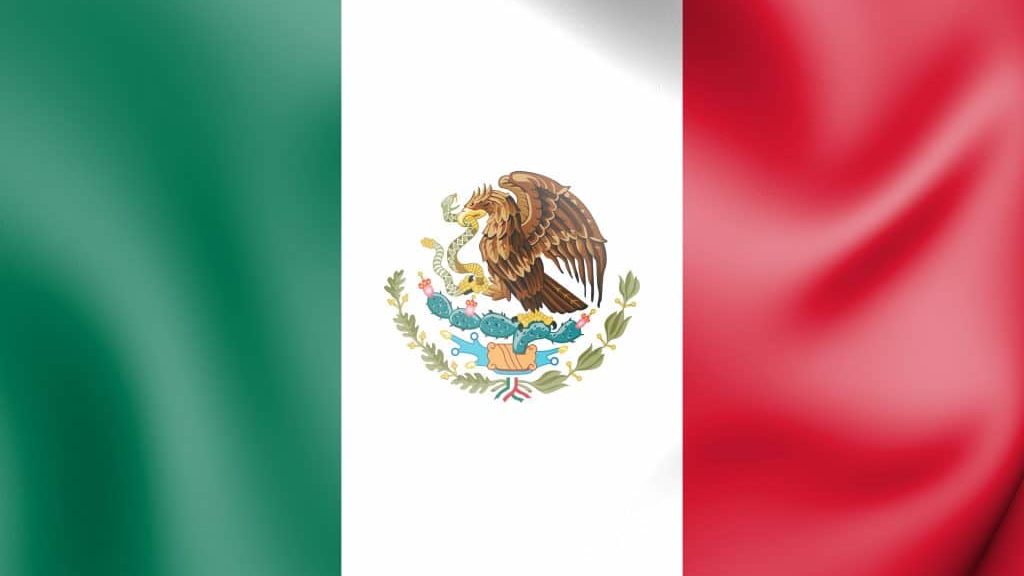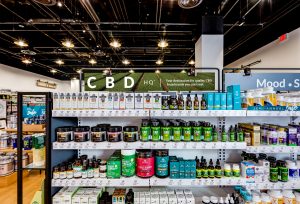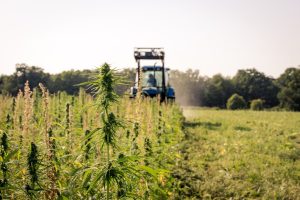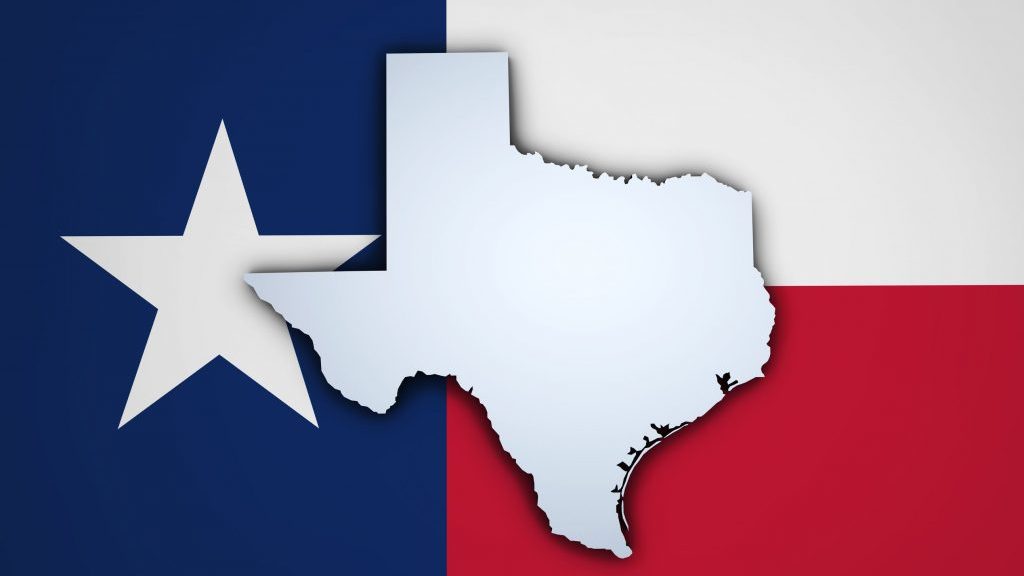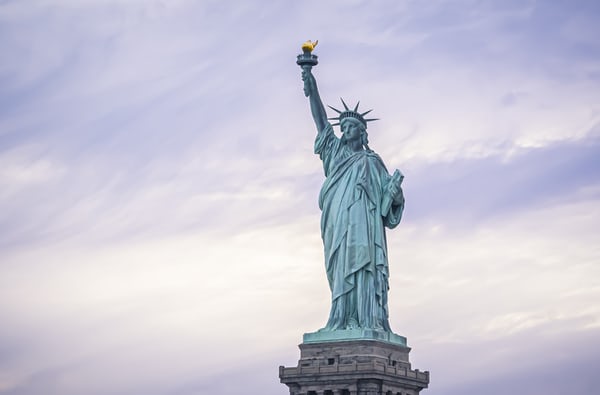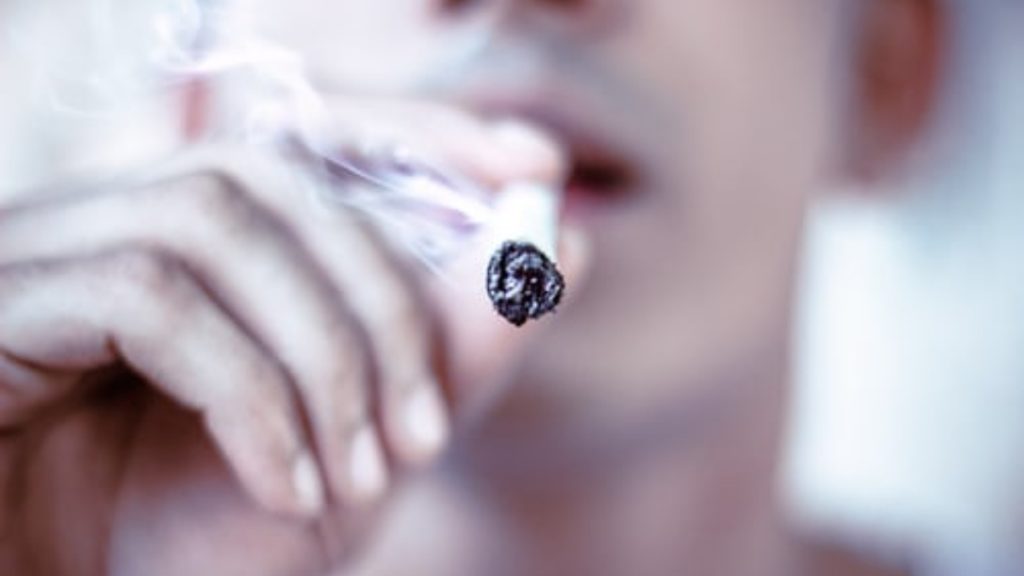Just as the government makes a distinction between the responsible use of alcohol and alcohol abuse, we began to insist that they make that same distinction about marijuana use and abuse.
The post A Founder Looks at 50: The Concept of Responsible Marijuana Use appeared first on NORML.
Keegan MacDonald
Posts by 'Keegan MacDonald'
Mexico’s president says he won’t interfere with legislation to legalize marijuana and hemp when the country’s Congress takes up the bill next month. The comments from President Andrés Manuel López Obrador during a news conference Wednesday are significant because he previously indicated his administration’s focus was on regulating hemp for medicinal use, not creating a […]
One of the nation’s largest chained retailers of health supplements, Vitamin Shoppe, is leaning into its CBD experiment with expanded plans to carry more ingestibles and topicals. The retailer says that strong demand prompted a move to ratchet up CBD displays in some 572 locations in 39 states, plus Washington, D.C. and Puerto Rico. The […]
A California consumer products company has purchased a hemp and CBD producer headquartered in Grand Junction, Colorado. Kadenwood LLC, a privately held consumer-products company focused on amplifying CBD in the mainstream retail-wellness category, has acquired EcoGen Laboratories, a four-year-old company that manufactures and distributes CBD from hemp produced from its own proprietary genetics. The price […]
Photo courtesy of Hempen A lingering stalemate between state and federal regulators over rules for growing hemp is leaving farmers without strong direction as they head into a harvest season unsure about the rules that will govern them. The stalemate intensified this week when New York, one of the largest hemp producers with some 29,985 licensed […]
A Texas judge has temporarily blocked state health officials from enforcing a ban on smokable hemp. Travis County Judge Lora Livingston granted a temporary restraining order Wednesday to a group of hemp producers challenging a rule enacted by state health authorities earlier this month that blocks the manufacture and sale of smokable hemp products, said […]
Calling federal rules for regulating hemp “unrealistic” and “unreasonable,” New York agriculture authorities say they won’t try to regulate the crop, telling hemp farmers they’ll have to rely on the U.S. Department of Agriculture’s looming rules on hemp production. In a letter to farmers, New York Agriculture & Markets Commissioner Richard Ball said that the […]
A New Jersey company that makes CBD-infused seltzers has an agreement with the Pepsi-Cola Bottling Company of New York Inc. to get the product in New York City grocery stores and bodegas. Hillview, a hemp and MJ producer based in Pequannock, New Jersey, says the deal lands it in all five borough of New York, […]
A major convenience store broker has reached an agreement with a Canadian company to distribute its CBD drinks across the U.S. at gas stations including Circle K and Speedway. CBD drink maker signs deal to get products in Circle K, Speedway convenience stores is a post from: Marijuana Business Daily: Financial, Legal & Cannabusiness news […]
Smokers Choice, a 64-store chain of tobacco retailers in Pennsylvania and New York, is adding a North Carolina hemp brand to its assortment of offerings. Two lines of hemp cigarettes from Wolf Budd Hemp Co. of Mars Hill, North Carolina, will join about six total brands of smokable hemp in the stores. The Wolf Budd […]

